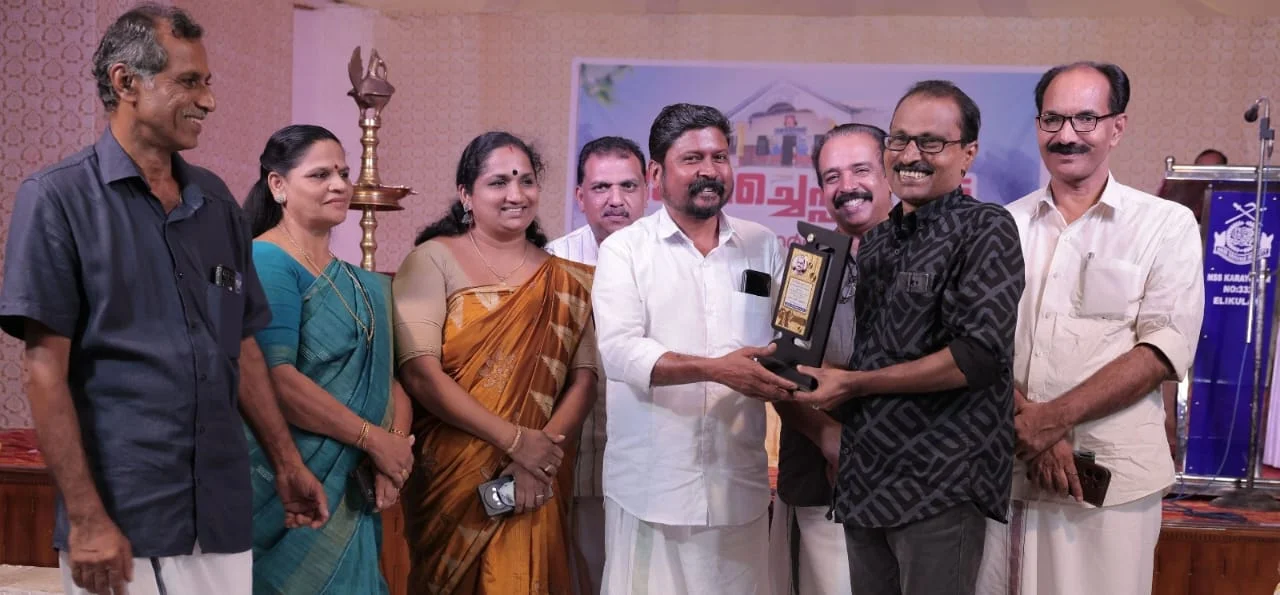Developing Future Healthcare Leaders
The Middle East’s healthcare industry is undergoing a profound transformation, driven by the urgent need for adept leaders capable of steering the industry through its myriad challenges. In response, the region has launched several innovative educational initiatives designed to cultivate the next wave of healthcare pioneers.
The MEHLP Initiative
At the forefront of this movement is the Middle East Healthcare Leadership Programme (MEHLP), a collaborative effort between Johnson & Johnson Middle East and INSEAD. This program, modeled after a successful European counterpart, aims to equip healthcare managers with essential business acumen and leadership prowess. The inaugural session, hosted at INSEAD’s state-of-the-art Centre for Executive Education and Research in Abu Dhabi, brought together 20 senior healthcare professionals from various Middle Eastern countries. The curriculum focused on three pivotal areas: leadership development, management excellence, and fostering innovation.
UAE’s Genetic Leap
The United Arab Emirates (UAE) has taken a bold step with the introduction of the Emirati Genome Programme. This ambitious national initiative seeks to map the genetic makeup of every Emirati citizen, paving the way for personalized medical care. The program’s long-term vision includes the local development and production of groundbreaking treatments, leveraging extensive genomic data to empower healthcare practitioners in tailoring treatments to individual patients.
Saudi Arabia’s Biotech Vision
Saudi Arabia, not to be outdone, unveiled its National Biotechnology Strategy in January 2024. This comprehensive plan aims to position the Kingdom as a regional biotech powerhouse by 2030 and a global hub by 2040. The strategy encompasses a flexible regulatory framework, cutting-edge infrastructure, and seamless integration between public and private sectors. This initiative underscores Saudi Arabia’s commitment to fostering an environment conducive to innovation and scientific advancement.
Collaboration: The Key to Progress
Collaboration remains a cornerstone of Saudi Arabia’s approach to healthcare leadership development. The Kingdom has embraced technological advancements, sustainability practices, and strategic partnerships to enhance care delivery. Similarly, the UAE has engaged in high-profile collaborations with American institutions, facilitating technology transfer and attracting international experts and researchers to the region.
Challenges and Opportunities
Despite these strides, the Middle East healthcare sector faces several hurdles on its path to global prominence. These challenges include the need for more robust intellectual property regimes, mature regulatory frameworks, and sustained investment in tertiary education for scientific pursuits. However, the region’s unwavering commitment to research and development, coupled with substantial infrastructure projects, provides a fertile ground for innovation.
A Tech-Driven Future
The convergence of government initiatives, a burgeoning academic and research ecosystem, and significant infrastructure investments positions the Middle East for continued growth in biotechnology, pharmaceuticals, and digital health. The integration of emerging technologies, such as artificial intelligence, further amplifies the potential for groundbreaking advancements in healthcare delivery and management.
Shifting Towards Knowledge Economies
These educational initiatives reflect a broader trend in the Middle East’s healthcare sector: a shift towards knowledge-based economies and a focus on developing human capital. By investing in leadership development programs, genomics research, and collaborative partnerships, the region is not only addressing immediate healthcare needs but also laying the groundwork for long-term sustainability and innovation.
Beyond Traditional Training
The MEHLP, for instance, goes beyond traditional healthcare management training by incorporating global best practices and fostering a network of regional healthcare leaders. This approach enables participants to share insights, tackle common challenges, and drive collective progress across the Middle East healthcare industry.
Precision Medicine Revolution
The Emirati Genome Programme represents a leap towards precision medicine, potentially revolutionizing disease prevention, diagnosis, and treatment. By creating a comprehensive genetic database of its population, the UAE is positioning itself at the forefront of personalized healthcare, with implications that extend far beyond its borders.
Fostering Scientific Innovation
Saudi Arabia’s National Biotechnology Strategy demonstrates the Kingdom’s commitment to diversifying its economy and establishing itself as a hub for scientific innovation. By creating a supportive ecosystem for biotech research and development, Saudi Arabia is not only nurturing future healthcare leaders but also attracting global talent and investment.
The Digital Health Frontier
These initiatives are complemented by a growing emphasis on digital health solutions across the region. Telemedicine, electronic health records, and AI-driven diagnostic tools are becoming increasingly prevalent, necessitating a new breed of healthcare leaders who are as comfortable with technology as they are with traditional medical practices.
Cross-Sector Synergies
Moreover, the focus on collaboration between academia, industry, and government is fostering an environment where innovation can thrive. Cross-border partnerships and knowledge exchange programs are becoming more common, allowing the Middle East to tap into global expertise while developing its own unique solutions to healthcare challenges.
Broader Economic Impact
The impact of these educational initiatives extends beyond the healthcare sector. By developing a cadre of skilled healthcare leaders, the Middle East is also addressing broader economic and social goals. These include creating high-value jobs, reducing dependence on expatriate expertise, and improving overall quality of life for citizens through enhanced healthcare services.
A Self-Sustaining Ecosystem
As these programs mature and evolve, they are likely to spawn new initiatives and collaborations, creating a self-sustaining ecosystem of healthcare innovation and leadership development. The ripple effects of these efforts will be felt not only in hospitals and clinics but also in research laboratories, pharmaceutical companies, and health tech startups across the region.
A Vision for the Future
In conclusion, the Middle East’s investment in healthcare leadership education is a testament to its vision for the future. By nurturing a new generation of healthcare visionaries, the region is positioning itself to address not only its own healthcare challenges but also to contribute meaningfully to global healthcare innovation. As these initiatives continue to bear fruit, the Middle East is poised to become a beacon of healthcare excellence, driven by leaders who combine medical expertise with business acumen, technological savvy, and a deep understanding of the region’s unique healthcare sector.





